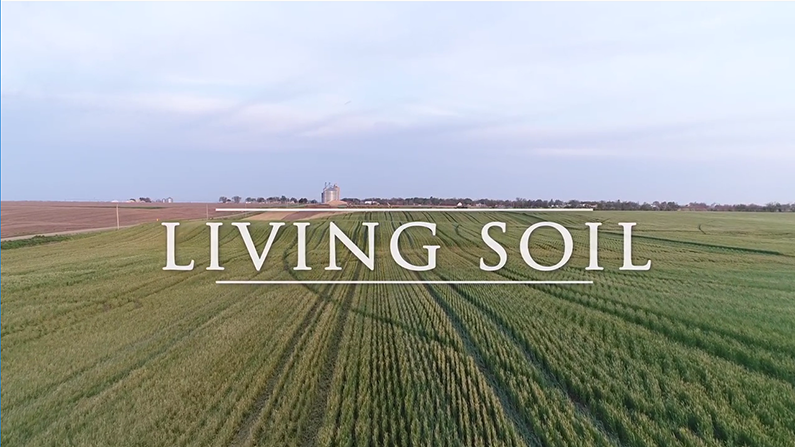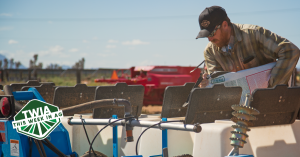The Soil Health Institute has released a 60-minute documentary, Living Soil, that captures the history — and significance — of the soil health movement.

Living Soil captures the background of the current soil health movement and its momentum, beginning with painful images of the Dust Bowl, and then transitions to personal experiences of innovative women and men who are managing their land to enhance soil health.
The film features rural and urban farmers from Maryland to California, selling everything from corn to bouquets, united by their care for the soil.
The documentary is directed by Chelsea Myers, founder of Tiny Attic, a video production company located in Columbia, Mo. that specializes in documenting real moments and real people.
To view the documentary, visit https://livingsoilfilm.com.
Related Posts

This Week in Ag #14
You never get a second chance to make a first impression. That popular saying could just as easily apply to planting corn. It’s impossible to recover from planting time mishaps. Don’t believe it? Try this. Walk into a cornfield where plants have recently emerged. Identify a plant that’s shorter than the rest (some call these

This Week in Ag #2
Are we looking at a fertilizer shortage? Guess it depends on your definition. The availability of fertilizer isn’t a major concern in the US. It really wasn’t last year, either. As a good friend (who I consider to be among the best farmers in the country) told me last winter, “you can get it, it’s

This Week in Ag #59
“It won’t grow in the bag.” Grandpa never minced words. And that’s how he responded (in frustration) to my dad and uncle whenever they pondered dropping the planter. His philosophy was simple: the moment you can plant, you plant. There’s only so much heat and sunlight Mother Nature offers, so you better take her up on

